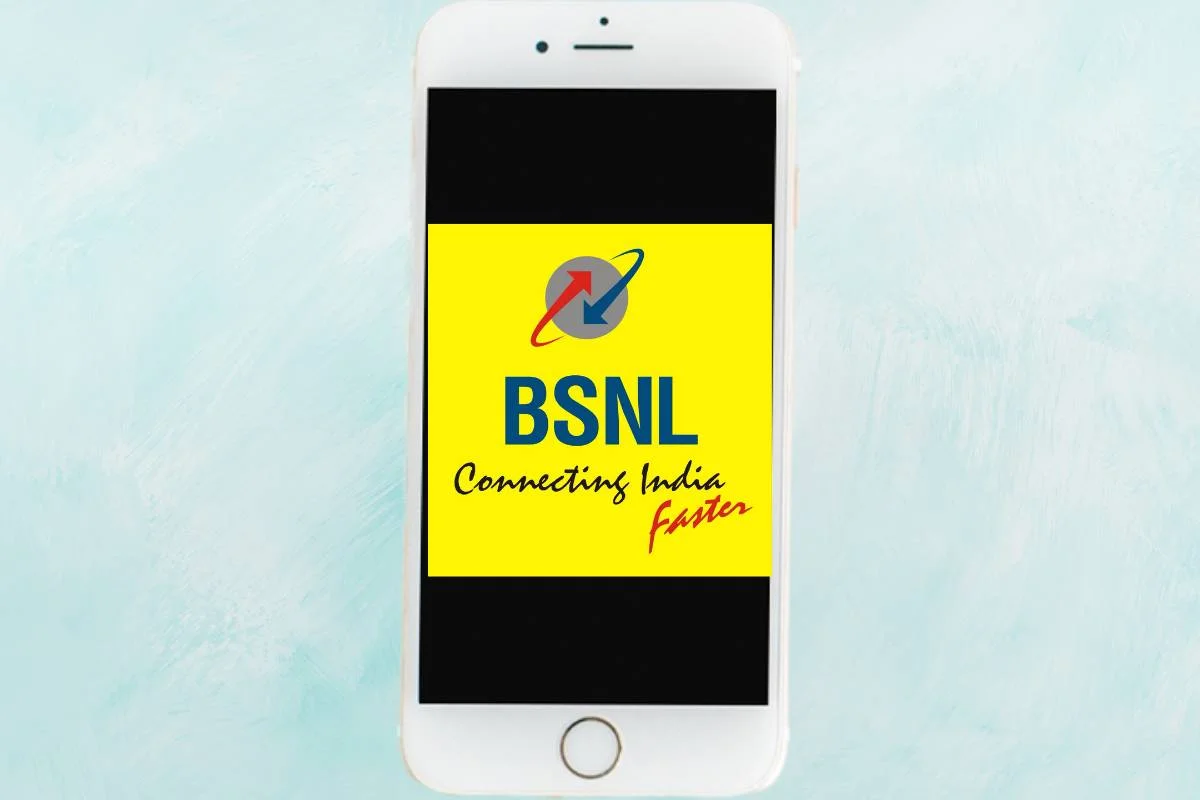
Bharat Sanchar Nigam Limited (BSNL), a state-run Indian telecom operator, has possibly landed in a challenging situation yet again concerning rolling out 4G. The homegrown technology that the government pushed BSNL to use for its 4G seems to be not working properly. An issue has been identified with the network core developed by the Centre for Development of Telematics (C-DoT), wherein, when in an outdoor environment, multiple subscribers aren't able to make concurrent calls.
According to an ET report, BSNL has dialled the Finnish vendor, Nokia, and the Chinese vendor, ZTE, to help by stabilising outdoor 4G services by leveraging their core networks. Further, BSNL is also increasing the IP Multimedia Subsystem (IMS) capacity for network traffic augmentation.
Read More - BSNL 60 Mbps Plan is Likely One of the Best OTT Bundled Plans Available
C-DoT, a part of the Tata Consultancy Services (TCS) led consortium had claimed to have indigenously developed and successfully tested the Evolved Packet Core (EPC), in commercial networks of BSNL at Ambala and Chandigarh. Following this development, TCS was issued an order to provide the equipment and act as a systems integrator (SI) during the rollout.
However, the reality seems to be far different. BSNL's fate hangs on whether or not it can successfully launch 4G in all parts of India and garner a larger market share. Currently, the state-run telco's user base is around 90 million and the active user base is well below 50 million. BSNL has lost customers to the private telcos because it doesn't have PAN-India 4G networks.
Read More - BSNL’s Operating Profits Signal a Positve Future
Whichever select areas where BSNL's 4G networks are operating currently, have been made possible due to other international vendors. TCS expects to fulfil the order for the equipment and help with the aggressive rollout of BSNL's 4G in this fiscal year. However, if the network core has issues, it will not be a pleasant experience for the customers.















